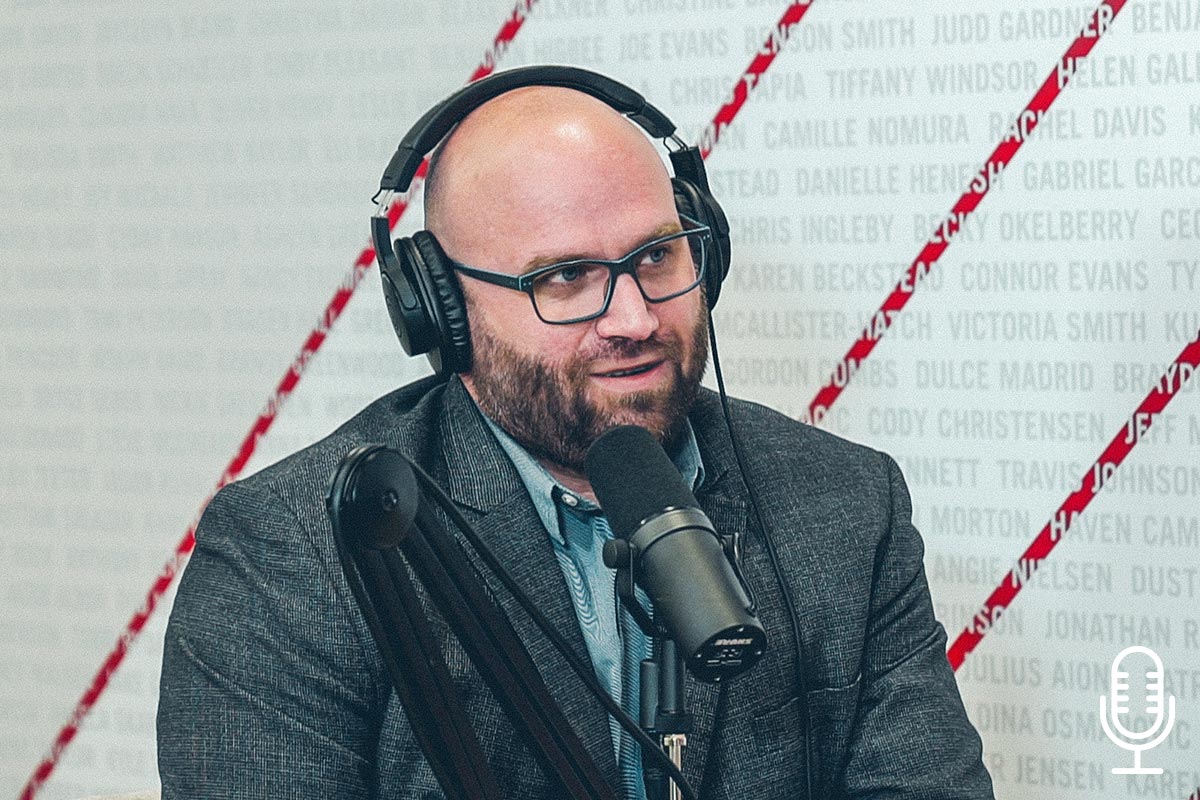
How to Rebuild Your Budget Post-Pandemic
For even the financially disciplined, the COVID-19 pandemic has wreaked havoc on most people’s budgets. You may have the best of intentions to stick to your good spending and saving habits but, when something like this happens, it doesn’t take much to throw things off track. Making a budget will help you understand how much money you need to cover your expenses.
Whether it’s overspending to ensure your family is stocked up, not saving enough because more money is going toward necessities or you simply have low motivation, there is light at the end of the tunnel.
As businesses reopen and employees go back to work, getting back on track with your budget may seem like a daunting task. Where do you begin?
These tips can guide you any time you want to get your budget back on track—not just after a crisis. All it takes is a little bit of focus and a plan.
-
Don’t beat yourself up
You’ll likely have more success if you approach the issue with kindness toward yourself. No matter what shape your finances are in, there are things you can do to make it better. Start by forgiving past missteps and taking a fresh perspective. Think through what matters most to you as you assess your current money situation.
Stay optimistic—review your finances to get a realistic look at what you have, what you owe and what you need to get by. If you co-mingle your finances with another person, do this part together. It’s easier when you can share the work as well as the reward.
-
Cut back
Whatever the reason your budget has been thrown off track—lost your source of income, experienced a financial emergency or something completely different—now is the time to arm yourself with information.
If you now work from home more than you did before, you're probably saving on gas and eating out, which is a great start. But, you could save even more!
To build a budget that works, you must understand where your money is going. If your income has been drastically impacted, immediately consider expenses or subscriptions that you can pause or cancel. Then, for the next month or two, track every dollar that comes in and out of your account.
Once you know where your money is going, you’ll get a clearer picture of additional ways to cut back. Whatever you decide to cut, just remember, it’s not necessarily forever. Once you are back on track, you can opt to add your luxury spending back in as your budget allows.
-
Make a game plan to pay off debt
There are many strategies to pay off debt—especially credit cards. Whatever keeps you motivated is usually the best option for you. These two methods are probably the easiest to implement and stick to long-term. Get ready to kick your financial future into high gear!
-
Avalanche method
This method focuses on paying off the credit card with the highest interest rate first. Put as much money as you can toward that bill—but be sure to make at least the minimum payment on all other accounts. As you pay off one card, roll the amount you were paying into the card with the next-highest rate. This strategy will limit the amount of interest you’ll pay as you reduce your debt.
-
Snowball method
This method keeps you motivated by reducing the number of debts you pay each month. To start, focus on putting as much money as you can afford toward the card with the smallest balance. Again, be sure to pay at least the minimum payment on all other accounts. As you pay off one card, roll the amount you were paying into the card with the next-lowest balance. Before you know it, you will be making fewer payments each month and, hopefully, paying down your overall debt!
-
-
Find room for savings
It can be difficult to save while you’re trying to pay off debt, but it’s essential to maintain a positive savings balance. A savings account gives you a cushion in case of emergency and can help you get closer to your financial dreams. The good news is that it doesn’t have to be a lot. The point is to build good habits!
What if you have money in savings? Should you use that to pay off your debt? The answer will depend on your motivation and long-term financial strategy.
If the money you are saving is earning interest, it may mean more to you to maximize your money than use it to pay off debt—especially if your debt is fairly low-interest. As long as you are paying that debt down every month, you may want to continue boosting your savings.
However, if you are motivated to reduce your debt and work toward the goal of being debt-free—then using a chunk of your savings to pay toward your debt may make you happiest. You don’t have to deplete your savings and pay off all your debt. But making a sizeable payment, while still keeping some in savings, may be the way to go.
Budgeting with digital envelopes
Many times, people forget that a truly successful financial strategy always includes saving. Often, they are so focused on debt, they forget to put away cash for the future or something special.
There are many ways to approach savings. One tried and true strategy is the envelope system. It used to be that we’d use actual envelopes. Now, we use digital envelopes—or online accounts—that are labeled for a specific purpose. This gives an organizational structure for every penny of your finances.
Set up multiple accounts and label them—tuition, Hawaii, new car, kitchen renovation, wardrobe or whatever makes sense for you. Then work out how much money you have available for savings and divvy it up between these digital envelopes. To make it even easier, set up automated money transfers instead of doing it manually every month.
This time has been hard on everyone. Trying to figure out how you’re going to make it through a crisis—whether it’s a global pandemic, a death in the family or a flooded basement—can be stressful. Remember to breathe. We will get through it. Getting your budget on track can happen with a little focus, determination and, if necessary, some help from a financial professional at Mountain America. Let us know how we can help.
Related Articles


